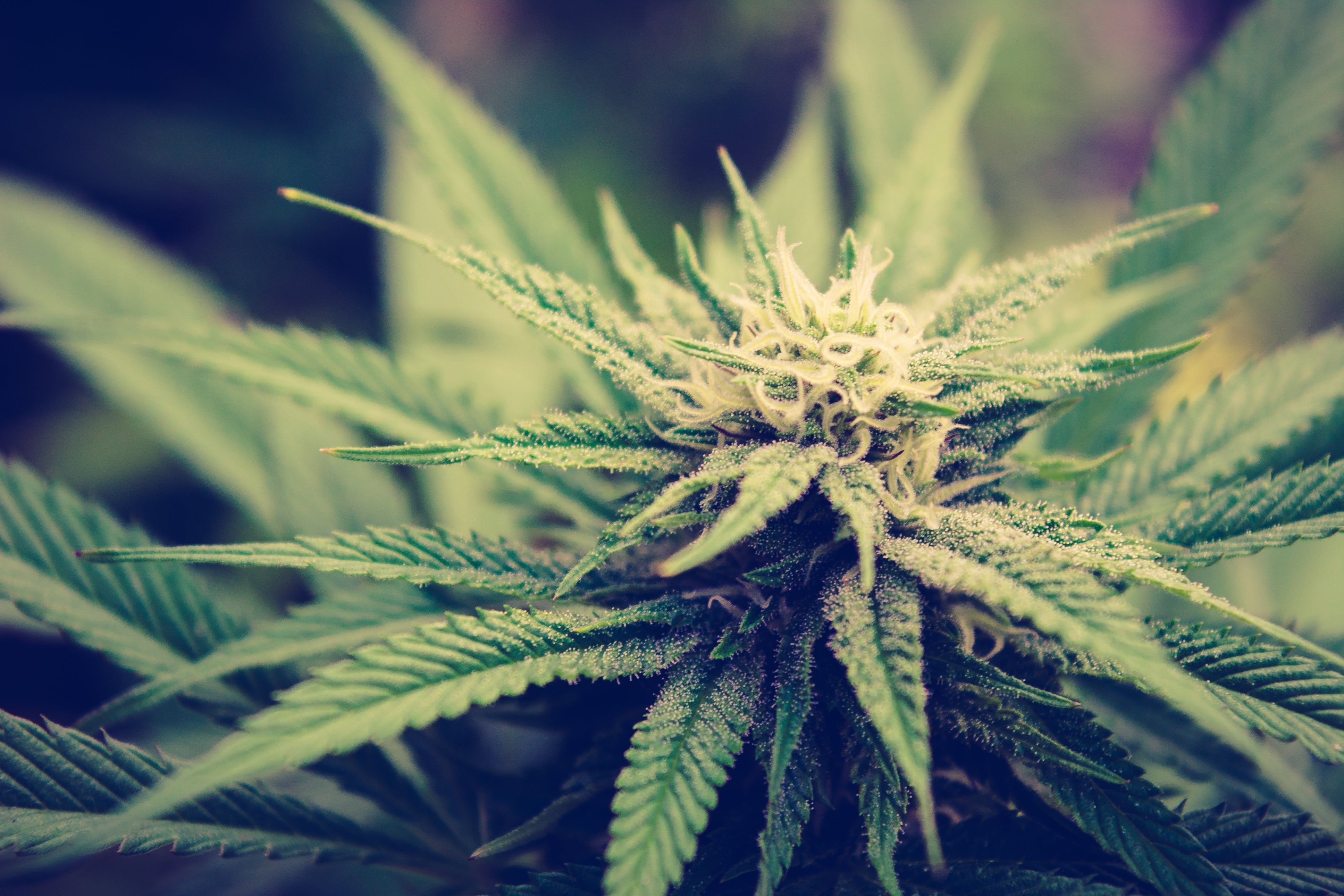Budget 2018 and Marijuana Taxation
March 12, 2018
written on behalf of Feigenbaum Law
The federal Minister of Finance introduced the 2018 federal budget in late February of this year. Unsurprisingly, given the pending changes to marijuana legislation nation-wide, the budget introduced an excise duty framework to be implemented once the sale of non-medical marijuana becomes legal. Marijuana is expected to be legalized by this coming summer, although the federal government has yet to announce a firm date.
Cannabis Taxation
The excise duty framework will apply to all cannabis products available for purchase that contain THC (the primary psychoactive compound in cannabis, and the ingredient that produces a marijuana “high”) including fresh and dried cannabis, cannabis oils, as well as seedlings for home cultivation.
Some medical marijuana products will be exempt, so long as they have a Drug Identification Number and can only be required through a prescription. Products that contain low amounts of THC will also be exempt (in recognition of the fact that there are potentially therapeutic uses for things such as low-THC cannabidiol oils).
Duty Rates
Late last year, the federal government reached an agreement with the majority of provincial and territorial governments and agreed to keep duties on cannabis low. The newly proposed framework has maintained that agreement.
The framework will be implemented under the Excise Tax Act, 2001. Excise duties will be imposed on federally licensed producers at the higher of:
- A flat rate applied on the quantity of cannabis contained in a final product ($1/gram); or
- A percentage of the sale price of the product sold by a federal licensee (10% of a product price).
Importantly, this basic rate is not yet final, and could vary by province or territory. It may be possible for an individual province to ask for an adjustment to the additional excise duty in order to reflect differences between the cannabis tax rate and the highest prevailing general sales tax rate in that province.
The tax will be shared on a 75/25 basis, with 75% of duties going to the provincial/federal governments and the remaining 25% to the federal government.
The federal portion of cannabis tax revenue will be limited to $100 million annually for the first two years following legalization. Any federal revenue in excess of that amount will be distributed to the provinces and territories. The federal government expects that, as part of this arrangement, a significant portion of the revenue provided to provinces and territories will then be transferred to municipalities, who will be dealing with legalization on the ground.
The budget notes that the excise duty framework has been proposed “to keep cannabis out of the hands of youth and profits out of the hands of criminals”. The Finance Minister told Global News that
My approach is to make sure that the taxation of cannabis is consistent with the goal of keeping cannabis out of the hands of kids and out of the black market. That means keeping the taxes low so we can actually get rid of the criminals in the system.
What Does This Mean for Cannabis Producers?
Cannabis cultivators and manufacturers will have to obtain a cannabis license from the Canada Revenue Agency (CRA) and remit excise duty (where their products are those that will be taxed). The CRA will start accepting applications for these licenses in advance of the legalization date.
Cannabis products entering the retail market will have to packaged in a container intended for sale and be affixed with an excise stamp (similar to those currently found on tobacco packaging).
Reactions So Far
Dan Kelly of the Canadian Federation of Independent Business told Global News that he is not sure whether the proposed tax rates are low enough, stating that the suggested rates would mean that the above-ground price of marijuana will be higher than the black market price, which may encourage the industry to remain underground.
Meanwhile medical marijuana advocates are outraged that many medical marijuana will be taxed (unless they fall within the no THC or low-THC exemption). Jonathan Zaid, executive director of Canadians for Access to Medical Marijuana (CFAMM) has said:
The cap on THC to determine tax application clearly shows the government’s lack of understanding of who medical patients are and what they’re really using medical cannabis for…[e]ven paediatric patients use products that are above this cap.
We will continue to monitor developments in this matter, particularly as we near the date of expected legalization.
In the meantime, if you are a cannabis cultivator or manufacturer, or otherwise have questions about how the proposed marijuana taxation plan may affect your business, contact Feigenbaum Law. We proudly provide guidance to clients throughout Canada on complex and emerging tax law and business accounting matters. Contact us to learn more about how we can help or call us at (416) 777-8433 or toll free at (877) 275-4792.





